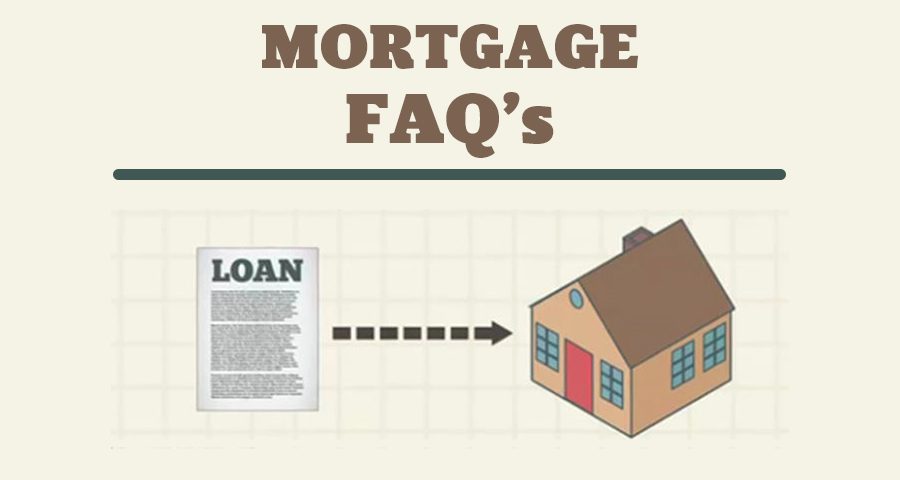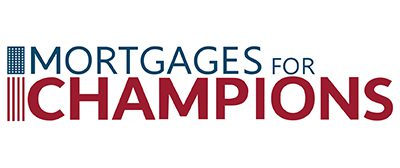
4 Most Common Questions About Mortgages Answered
Everyone one, when they grow up, wants to buy a house or own property in their lifetime. However, like many people, you need to obtain a mortgage to buy a house unless you have half a million lying around your house. However, everyone has questions about their mortgage, from the down payments to the interest rate. Your mother might tell you that you are required to put down 20% or your buddy tells you that your interest rate isn’t as advertise from company XYZ. So to help clear up some confusion, here are some of the most common questions home buyers ask about mortgages.
”I heard you need to put down 20% for the down payment. How can I save that much?”
Here’s the fact: the gold standard for a down payment for a mortgage is 20%. However, if you don’t have that much in savings, there are still plenty of ways to buy a house and put down less than 20%. The Federal House Administration loan (FHA) allows borrowers to put down as little as 3.5% for your home. However, to qualify for an FHA loan, your credit score can be less than perfect and you need to show steady employment for at least two years. If you are an active or retired military member (or a surviving spouse of a veteran), a Veteran Affairs loan (VA) allows you to put 0% down for your home. There are some other workarounds too! Some states offer loan programs that enable borrowers with low income to receive a down payment subsidy.
“Why is my mortgage’s interest rate you are offering me is higher than the one you are advertising?”
Take a good look at that ad. If the interest rate is remarkably low with an asterisk, it will show a disclosure saying that is the best possible rate. To grab the BEST possible rate, you need to obtain a credit score of 750 and above and a low loan-to-value ratio, which means you are making a large down payment of at least 40% or more on the home price. If your borrowing scenario is not in the most perfect situation, you are considered more of a risk which will reflect your interest rate. Your interest rate will depend on your credit score, loan-to-value ratio, the loan amount, and the type of property you are buying like are you looking at single family houses or condos? So when you see an advertisement with a surprisingly low-interest rate, take a good look at the fine print when you evaluate your loan options.
“I heard the best option for me is a 30-year fixed-rate loan. Is that true?”
Just like clothing, there is no one size fits all when it comes to your loan options. For example, even though adjustable-rate mortgages (ARM) have a bad rap, they do make sense if you plan to move before the rates adjust. If you can’t afford a home with a fixed rate, ARM might be the best bet since fixed interest rate is slightly higher than adjustable-rate mortgages. However, a 15-year loan might make more sense than a 30 year loan if you can afford the bigger monthly bills. When you choose a 15 year loan, you will be paying far less interest than a 30 year in both time and the rate itself.
“What is private mortgage insurance and why am I required to have it?”
If you are putting down less than 20% on the home, you will have to pay private mortgage insurance or PMI. PMI is there just in case you are not able to pay your mortgage. When you don’t pay your mortgage, your lender will lose money, and that’s when PMI steps in. PMI is an extra 0.3% to 1.15% of your home loan. The sum can be large, but it makes sense if you want to buy a home now than later when you have 20% to put down. Still don’t like PMI? The other option is asking if your lender cover the mortgage insurance. The drawback? You will be paying a higher interest rate. Ask your mortgage consultant if paying PMI is cheaper in the long run than a higher interest rate.
Have any other questions we didn’t answer yet? Contact us at 973-577-7008 and we can find a licensed mortgage originator who can answer any questions you have.

